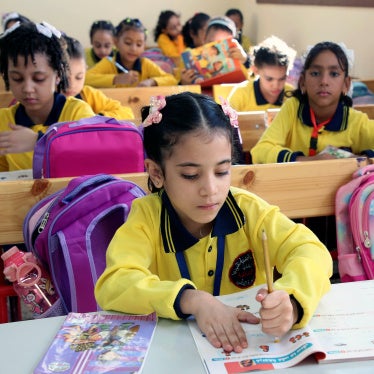We are writing to express our concern and request more information regarding clinical trials and treatment plans involving the newly discovered Iranian HIV/AIDS drug IMOD.
We noted in February of this year the announcement by Iranian scientists that they had tested IMOD on over 200 patients for a period of 2 years. However, the trial was never registered and the results have not been independently verified. Reports of the trial suggested that participants were assigned either to IMOD, or to a placebo control group despite the significant potential risk to individuals living with HIV assigned to the latter group. In addition, we are concerned that some of the patients who participated in this study did so without informed consent.
We write to you today because of reports from November 25 by Iranian news agencies that quoted your Excellency as saying that more than 1,500 HIV patients – apparently all patients in Iran with advanced disease - will be treated with IMOD this year. This again raises numerous questions. Firstly, as there has yet to be independently evaluated evidence of the effectiveness of the IMOD, does this announcement indicate that the Ministry plans to conduct another clinical trial? Will the trial be registered (for example with the World Health Organizations International Clinical Trials Registry Platform) and can independent monitors access patients participating in the trial? Whether or not this is considered a clinical trial, will individuals living with HIV have access to other treatment options or will IMOD be the only medication made available to them?
As Iran’s deputy health minister, Seyed Moayed Alavian, has noted in media interviews, Iran’s HIV infection rates could reach 100,000 by the end of March 2008 unless effective measures are taken against its spread. While we appreciate the Ministry’s on-going efforts in preventing and treating HIV, we believe that its recent decisions to promote and administer IMOD potentially endangers the lives of patients and undermines the efforts of curtailing the spread of HIV/AIDS and providing care for affected populations.
The Ministry of Health and Medical Education should ensure that access to independently proven effective anti-retroviral medicines are available to everyone living with HIV in Iran; register the trial and provide a copy of the study protocol to the public, ensure that informed consent is respected in the context of clinical trials and access to treatment generally.
Sincerely,
Joseph Amon
Director, HIV/AIDS Program
SarahLeah Whitson
Director, Middle East/North Africa Division








